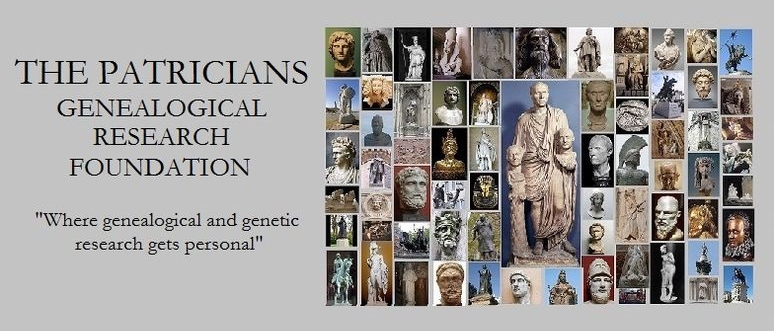


Through modern genealogical research techniques, some legends can become historical figures…or at least legends with a sound factual historical basis, such as Brutus of Troy.
Rome summarily banished teenage Brutus after he killed both his parents (his mother first during his birth; his father in a hunting accident during his teens). After his birth, an oracle predicted their death at his hands.
He went to Greece and formed a sizable army of Trojan warriors whom he had personally liberated from Greek enslavement. After reaching sizable numbers, he and his army sailed to Gaul to begin a campaign of plunder and conquest, adding Trojan inhabitants to his army along the way.
Several years later, the Goddess Diana came to him in his sleep one night to show him his new kingdom and how to get there. He and his army presently sailed to Britain and up the River Thames. His first bivouac was at or near the present location of St. Paul’s Cathedral. He later named the site New Troy after having conquered the entire island, which he aptly named after himself.
Lludd Llaw “Eraint” ap Beli Mawr, King of Britona (80- 18 BC) founder of City of London (Ludgate) was his agnatic descendant. During the 1st century BC, he ruled from the New Troy locale. He was so generous with his philanthropy toward the locals when building fortifications around the settlement (approximately, the boundary of the present-day City of London) that they called him “the silver handed” (Eraint). After construction, the grateful citizenry named the fortification LLuddain after him. As time passed, the ever-burgeoning city’s name evolved into London. Lud Gate (demolished in 1760), Ludgate Circus, and Ludgate Hill are vestiges of his fame in the history of the City of London.
Agnattic Descendants of Conan Meriadoc ap Gereint (305 – 367) King of Dumnonia, 1st Duke of Brittany
38 Lords Mayor of the City of London
Brutus of Troy
Born: Italy Died: abt. 1091 BC Britain
agnatic descendant of Aeneas the Dardanian, King of Latium (1245 – 1175 BC) Founder of Alba Longa and Dardanus of Arcadia, First King of Dardania & Scythia (1519 – 1414 BC)
Ancestry.com citation/Lineages
83rd great grandfather …ROHAN-CYR-BRULE
1st cousin 85x removed …ROHAN-CYR-BRULE
84th great grandfather …VERE-SIMMONS-COLLINS
6th cousin 79x removed …HOWARD-WOOD-COLLINS
6th cousin 81x removed …HOWARD-WOOD-COLLINS
33rd great grandfather of husband of 69th great grandmother …DEMAREST…-OUTWATER-COLLINS
SOURCES
The Trojan Origins of European Royalty
British Legends: The Founding of Britain — Brutus of Troy and the Prophecy of Diana
Brutus of Troy, first King of Britain
BIBLIOGRAPHY
Brutus; First King of England, Prince of Troy
The History of the Kings of Britain
Tim Hartwell and The Brutus of Troy
BRUTUS OF TROY, AND THE QUEST FOR THE ANCESTRY OF THE BRITISH
The Patricians, A Genealogical Study – Ebook Editions US$5.95


Steven Wood Collins (1952 – ) Antiquarian, Genealogist, Novelist

